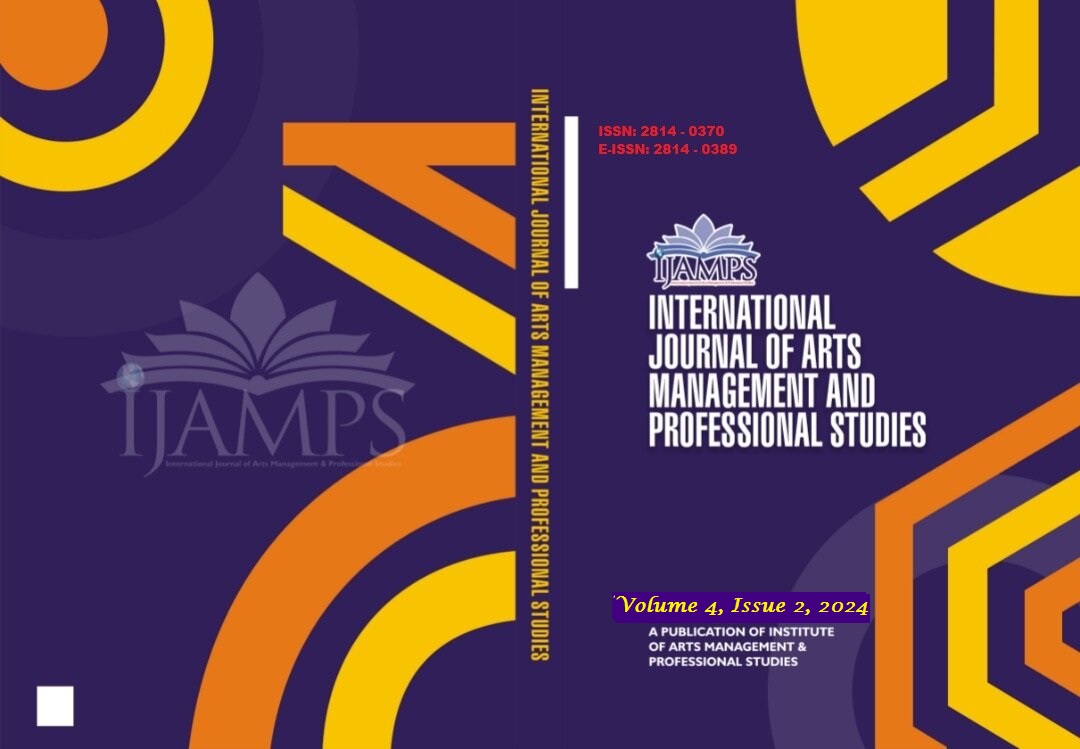
REDEFINING THE ROLE OF POLITICS IN HIGHER EDUCATION ADMINISTRATION: Towards A Collaborative Governance Model
DR MIRIAN NDIDI OBIZUE Institute Of Arts Management And Professional Studies (Iamps) 43, OkigweRaodOwerri Imo State, Nigeria EMAIL: Mnobizue@gmail.com +2347031976469 AND DR JUDE OBUM NWABUEZE Institute Of Education University Of Abuja Jude.nwabueze@uniabu
Volume 4, Issue 2, December 2024
The relationship between politics and higher education administration is a complex and multifaceted one, with profound implications for the direction and priorities of academic institutions. This paper provides a comprehensive examination of the role of politics in higher education administration, exploring the challenges, opportunities, and strategies for effectively managing this dynamic relationship.This paper begins with emphasizing politics in higher administration, from a local point of view, and a foreign point of view. It also highlights the pervasiveness of political influence in the higher education sector, where factors such as government funding, policy decisions, and the appointment of university leadership are heavily shaped by the political landscape. The paper then delves into the complexities of political interference, discussing the potential for the politicization of academic life and the risks of prioritizing political allegiances over academic merit and institutional needs.Despite the inherent challenges, the paper argues that higher education administrators must find ways to navigate the political landscape effectively. To this end, the researchers present a set of strategies for engaged and strategic political involvement, including fostering institutional autonomy, proactive stakeholder engagement, strategic political advocacy, adaptive leadership, and ethical governance.By adopting these strategies, the researchers suggest that higher education institutions can position themselves as dynamic, responsive, and socially responsible actors within the broader political ecosystem. This collaborative and strategic approach to managing the politics of higher education can ultimately strengthen the role of universities as catalysts for societal progress, knowledge creation, and the development of future leaders.The researchers concluded by emphasizing the importance of this topic in the current landscape of higher education, where the interplay of politics and administration continues to shape the direction and priorities of academic institutions worldwide.